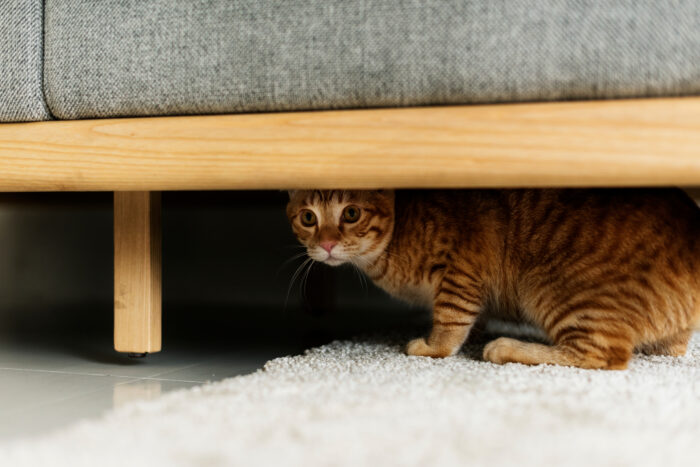What happens if you don’t spay or neuter your pet?
By: Dr. Shelly Zacharias
Whether you’re adopting a purebred dog or a cat from an animal rescue, the topic of spay and neutering is important to consider. There are many health and behavioral benefits to spay and neutering, and we want our pets to live as long as possible.
Did you know that people cohabitate with pets better if they are spayed or neutered? Historically speaking, animals are much easier to live with after surgery, and that’s only a fraction of the health and behavioral benefits a spay and neuter provides.
But what if you’re on the fence about the surgery? Below we’ve outlined some outcomes if surgery is avoided.
Dogs
There are hundreds of breeds, sizes, personalities, and tendencies of dogs, but there are important truths to neutering your male dog, from both a health and behavioral standpoint. Male dogs, especially who are more alpha, can exhibit aggressive behavior or pick fights. From a health perspective, male dogs that aren’t neutered can develop serious infections of the prostate, as well as testicular cancer and tumors, which can require invasive and expensive surgery.
Unspayed female dogs can also cause a whole other set of problems — one big one being that they can get pregnant. From a health perspective, females are prone to pyometra, a uterine infection that can move into the bloodstream and be fatal, as well as mammary tumors. By spaying a dog before her first heat cycle, a pet owner can decrease her chance of becoming ill later in life. It also helps with unwanted litters — even under a watchful eye, you never know what might happen if your dog gets out.
When you get your pup spayed or neutered don’t miss out on the once in a lifetime opportunity to bank their stem cells from the discarded tissue and set them up for a long healthy life. Learn More
Cats
The homeless cat population in the U.S. is a concern. Cats reproduce very quickly and can be difficult to locate if they escape. Cats suffer some of the same health consequences as dogs if they’re not spay or neutered, but there are quite a few behavioral benefits of the surgery for indoor cats.
First off, cats use litter boxes, and they are much better accustomed to doing their business in the appropriate area if they’ve been spayed or neutered. Those who haven’t been fixed are known to howl, escape, and mark their territories within the home. Dogs can go through this too, but historically, it’s much more prominent and obvious when cats do it.
At the end of the day, to spay and neuter your animal is a pet owners choice, but the benefits far outweigh the risks. And when it comes to fees, a spay and neuter surgery costs much less than emergency visits to the vet if your animal gets cancer or an infection. These maladies can also cut an animal’s life short, even if they survive.
Keep them safe and keep them spayed and neutered!


